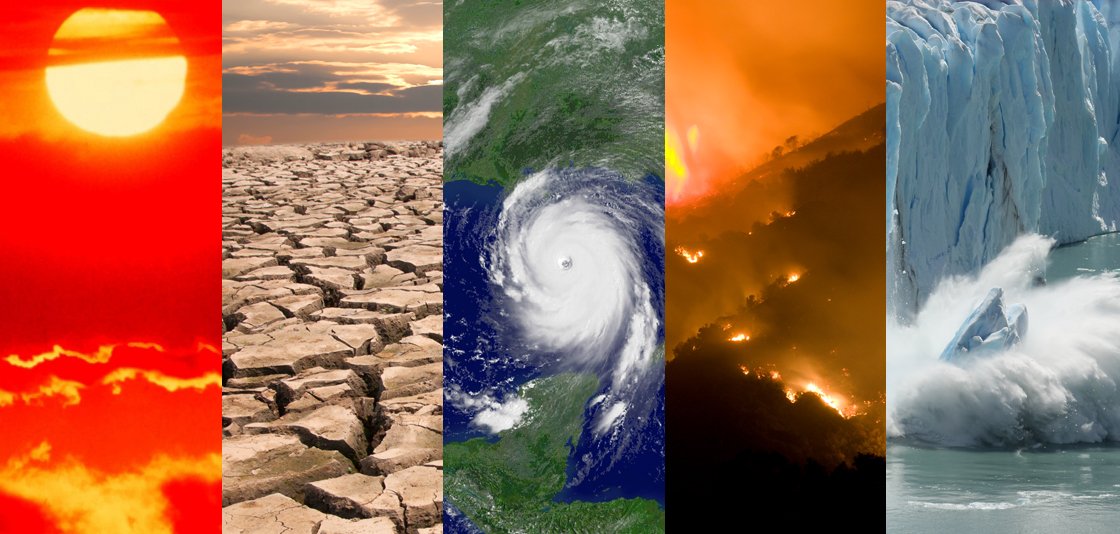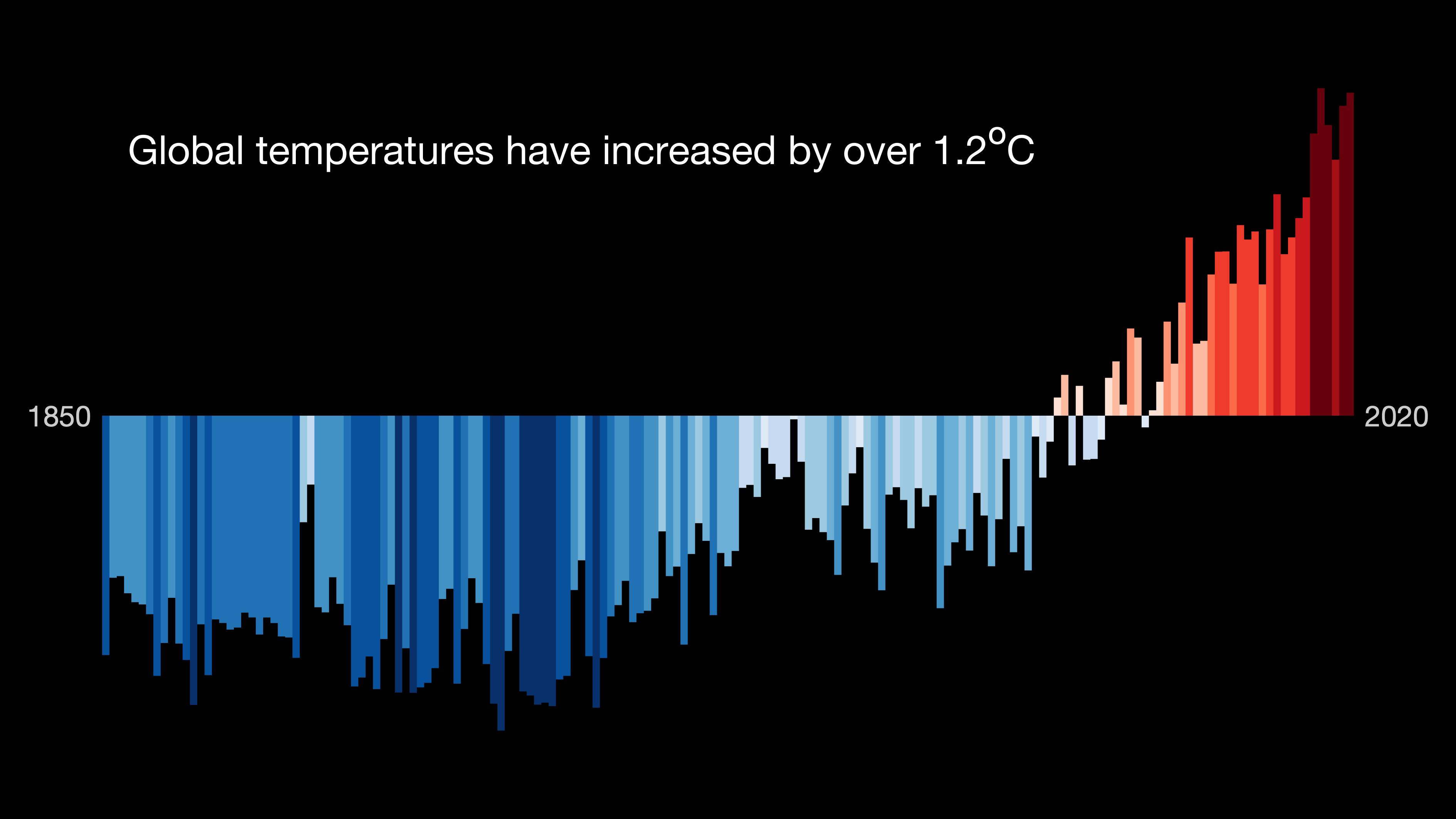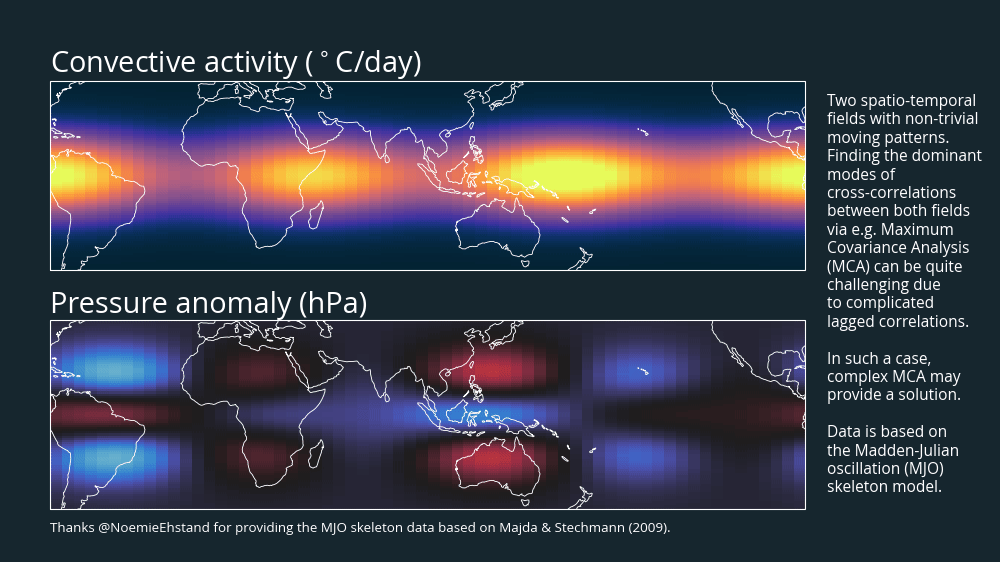CAFE Blog
Sudden deactivation of the Madden-Julian Oscillation
As Randall [1] explains, in recent years atmospheric science has been “struggling to understand a very large and powerful tropical weather system called the Madden-Julian oscillation, or MJO. The MJO occurs mainly over the remote tropical oceans and was not discovered until the early 1970s. It strongly influences precipitation over southern Asia and northern Australia, affecting the lives of literally billions of people. It is also believed to influence the timing and intensity of El Niños. Despite its im-portance, the MJO is perhaps the last type of weather system for which the basic physi-cal mechanisms are not well understood.” Following Hottovy [2], 10 years after Ran-dall, one can state that nowadays “there is a lot of hypotheses about basic physical mechanisms of the MJO but not a consensus on them.”
The CAFE Project Held its Final Conference in Barcelona
At the end of last month, September 27th-29th, the Climate Advanced Forecasting of sub-seasonal Extremes Final Conference (CAFE) was celebrated. CAFE is a Marie Skłodowska-Curie Innovative Training Network with a

Towards sub-seasonal predictability of extreme weather over Europe
Emmanuel Rouges and Nikolaos Mastrantonas, ECMWF Scientists, Diagnostics Section. We are scientists in the ECMWF Diagnostics team working on the sub-seasonal predictability of extreme weather over Europe, within the EU-funded CAFE project. CAFE’s

The Rossby Wave Packets
We all have experienced (or will experience) the intensity of an extreme meteorological weather event in our lives, for example, persistent high temperatures during a heatwave or intense rainfall due to the development of an extratropical cyclone. Even if these events do not appear very often, they cause severe human and economic losses in the areas they cross.

Entrevista de Predictia a Riccardo Silini, doctorando de CAFE
Entrevista a Riccardo Silini por parte de predictia, empresa que ofrece soluciones de minería y gestión de datos en el ámbito de la innovación, especialmente en los campos de clima y salud.

Changing atmospheric circulations in a warming climate
In recent decades, we humans have strongly influenced the behaviour of climate given the enormous amounts of “heat-trapping” gasses that we have emitted since the beginning of the industrial revolution. These greenhouse gasses have generated an increase in the Earth’s temperature and this has had an implication for the climate as we once knew it. More extreme meteorological events have become more common and they are expected to continue to affect us more strongly in the future. Why are these extreme events increasing and what causes them in the first place?

xMCA: A Python library for complex Maximum Covariance Analysis in Xarray
The new feature of xMCA, is the possibility to perform complex PCA and complex MCA, which are particularly suitable, when the covariance-describing patterns do not rest statically in space, but rather behave like a cyclic wave propagating in space.

Today we decide our future path
Climate change is here today, affecting us and impacting our lives. “But unless there is an immediate, rapid and large-scale reduction in greenhouse gas emissions, limiting warming to +1.5°C by 2100 would be out of reach” assures Valérie Masson-Delmotte, a Climate scientist at the Laboratoire des sciences du climat et de l’environnement (LSCE). To better react, it is worth having an overview of the actual evolution of climate change.

Modelling the Earth System and the dynamics of complex systems for understanding climate change – The Nobel Prize in Physics 2021
This year’s Nobel Prize in Physics recognized that our knowledge of Earth’s Climate, one outstanding example of a complex system, rests on a solid scientific foundation of physics, mathematics and complex systems science.
